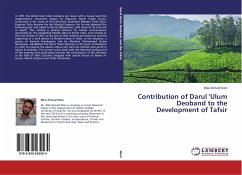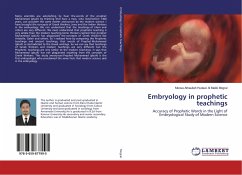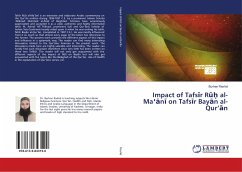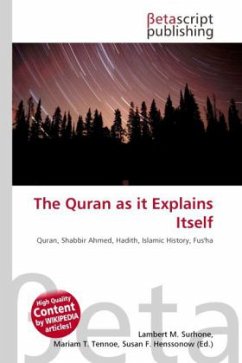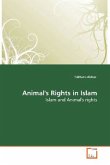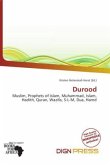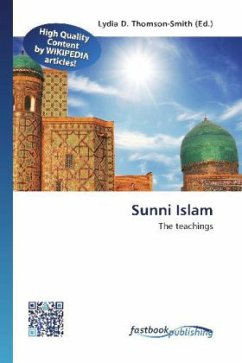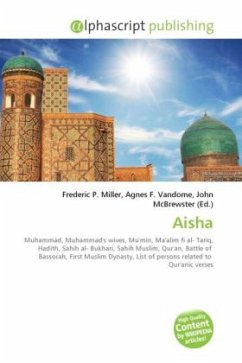In 1857, the British East India Company put down with a heavy hand the independence movement begun by disparate North Indian forces, conducted in the name of the otherwise powerless Bahadur Shah Zafar. Emperor Zafar became the last Mughal Emperor, for he was deposed the following year and exiled to Burma (Mayanmar), with many of his sons put to death. This marked a seminal moment for Islamic consciousness, specifically for the established Muslim elites of North India, who tended to view the defeat of 1857 as the end of their political pre-eminence and the beginning of a dark period of Muslim history in India. In this situation, a group of learned theologians, led by Maulana Muhammad Qasim Nanautawi, established the Darul 'Ulum Seminary in the town of Deoband in order to preserve the Islamic culture and train the children and youth in Islamic knowledge. The present work deals with the historical background of the seminary and particularly examine the contribution of this seminary in the field of Tafsir (Quranic Exegesis) with special focuss on Bayan al-Quran, Maarif al-Quran and Tafsir-i-Uthamani.
Bitte wählen Sie Ihr Anliegen aus.
Rechnungen
Retourenschein anfordern
Bestellstatus
Storno

